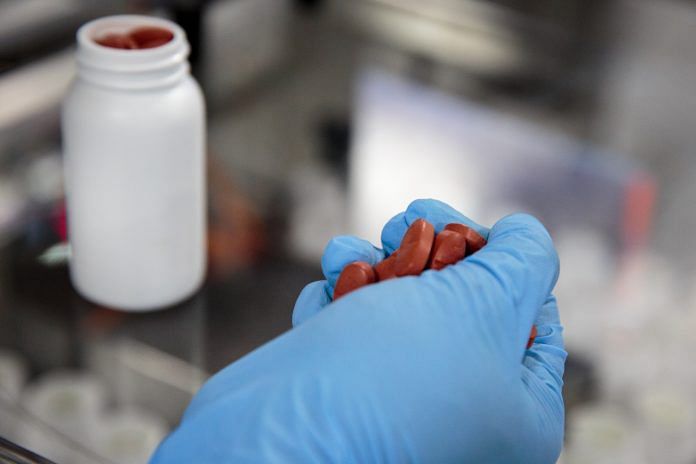As developments in technology and medicine race forward, our body data such as biomarkers and lifestyle logs could help accomplish advanced healthcare systems.
Did you know that you have the power to change biotech? Your data can drive the development of biotechnology solutions to improve healthcare systems.
Annual global healthcare spending is expected to total $8.7 trillion by 2020. We all know that healthcare systems are becoming more complex and difficult to sustain. The situation will be aggravated by an ageing population. We need to develop cost-effective yet robust and sustainable solutions. To accomplish this ambitious goal, governments, scientists, clinicians and most importantly the public need to work together.
We have been witnessing the emergence of new and innovative technologies in the fields of – among others – biotechnology, nanotechnology, information and communication technology, which can help achieve our goal. We are living in an unprecedented era when biotechnologies such as precision medicine, tissue engineering, RNA therapeutics, immunotherapies, living-cell therapies and advanced diagnostics are revolutionizing the way we live and fight disease.
The foundations of these biotechnologies – in fact, of nearly all biotechnologies – come from you and data about you.
Scientists, physicians and other professionals make observations about you, collect data to explain those observations and develop products or solutions to assist you. Let’s take the example of newborn screening. Prior to the 1960s, doctors observed that small subsets of babies were becoming extremely ill almost immediately after birth. Upon investigation, certain genetic disorders – so-called “in-born errors of metabolism” – were discovered. Today, in many countries, within the first few hours of life, newborn babies are routinely screened for these disorders and others as part of a public health service so that early interventions can minimise and in some cases prevent adverse effects for the developing child.
What if we could develop these screening and preventative treatment methods for other diseases? What if we could do this for all diseases?
Your data (sequencing, biomarker data, clinical data and even lifestyle logs) coupled with the growing power of analytical methods such as data science, machine learning and AI, could help accomplish something like this.
So should we all be sequenced from birth and contribute to massive databases?
No – at least not yet. Data holds great power and, as Spider Man might say, with great power comes with great responsibility. We need stronger dialogue, transparency and safeguards between the “data contributor” (i.e. you) and the “data collector” (i.e. the government, the public or private research organization, or healthcare providers).
Currently, data is not being collected (or contributed) equally along racial, ethnic or even geographic lines, potentially widening already existing health inequalities. To get the best treatment, you and your doctors need to know you (your molecular information, as well as your diet and lifestyle). However, for that information to have clinical meaning, people like you will have had to previously shared their own data. It is increasingly clear that the potential to treat any one of us more effectively is increased by the contribution of many others. This could suggest there is almost a moral aspect to contributing your data. You and your data could help the future of humanity.
However, even in areas where models exist to collect data, not everyone is participating, due to reasonable concerns about how the data will be used. Those who use your data have a responsibility to you to use it well and fairly. Measures must be in place to ensure that your rights and interests as a data contributor are protected. Thus data collectors must be held accountable to ensure correct practice.
Over the next year, the Global Future Council on Biotechnology plans to examine the role between data contributors and data collectors, to drive the development of biotechnology solutions to benefit health and create superior healthcare systems. We plan to (i) provide an overview of biotechnology solutions and their root datasets, (ii) map the global perspective of data contribution from different populations and outcomes and (iii) establish a set of guiding principles to manage expectations and ethical responsibilities between the data contributor and data collector.
It is our hope that you will feel empowered by the knowledge that you and your data can drive the development of biotechnology solutions for better healthcare for all.
Elizabeth O’Day is the CEO & Founder Olaris Therapeutics.
Sang Yup Lee is a Distinguished Professor, Korea Advanced Institute of Science and Technology (KAIST)
This article was originally published in The Conversation. Read the original report here.



